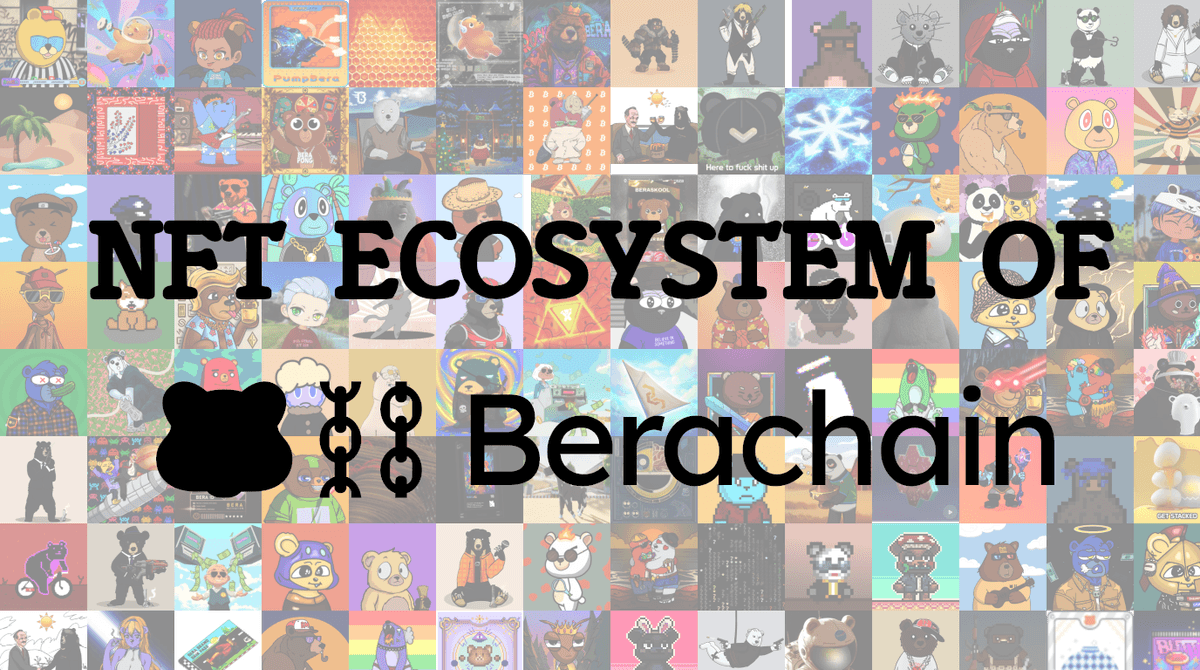Overview
Haedal is a pioneering liquid staking protocol built on the SUI blockchain. It enables users to stake their SUI tokens and receive haSUI, a yield-bearing token that maintains liquidity and can be utilized across various DeFi platforms within the SUI ecosystem. Haedal's suite of products, including the Haedal Market Maker (HMM) and veHAEDAL governance token, offers users enhanced yield opportunities and active participation in protocol governance.haedal.xyz+11
Key Features
- Liquid Staking with haSUI: Stake SUI tokens to receive haSUI, allowing continued participation in DeFi activities while earning staking rewards.
- Haedal Market Maker (HMM): An automated market maker that optimizes liquidity across DEXs on SUI, enhancing capital efficiency and yield generation.
- veHAEDAL Governance: Lock HAEDAL tokens to receive veHAEDAL, granting voting rights and boosting farming rewards within the Haedal ecosystem.
- Weekly Buyback Program: 50% of protocol yields are used to buy back HAEDAL tokens, which are then distributed to veHAEDAL holders, aligning incentives and promoting token value.
- Seamless DeFi Integration: haSUI tokens are compatible with major DeFi platforms on SUI, including lending protocols, DEXs, and NFT marketplaces, maximizing utility and yield opportunities.
Tokenomics
HAEDAL Token
- Total Supply: 1,000,000,000 HAEDAL
- Initial Circulating Supply: 19.5% of total supply
- Allocation:
veHAEDAL
- Purpose: Governance and reward boosting
- Acquisition: Lock HAEDAL tokens for a period between 1 to 52 weeks; longer lockups yield more veHAEDAL
- Decay Mechanism: veHAEDAL balance decreases linearly over the lockup period, reaching zero at the end of the term
- Benefits: Enhanced farming rewards, governance participation, and eligibility for protocol incentives
Why Choose Haedal
Haedal stands out in the SUI ecosystem by offering a comprehensive liquid staking solution that combines yield optimization, governance, and seamless DeFi integration. Its innovative products, such as HMM and veHAEDAL, provide users with tools to maximize returns and actively participate in protocol development. The weekly buyback program further aligns user incentives with protocol growth, fostering a sustainable and user-centric ecosystem.
FAQs
What is haSUI, and how does it function?
haSUI is a yield-bearing token received when staking SUI through Haedal. It represents the staked SUI and accrues staking rewards over time, allowing users to maintain liquidity and participate in DeFi activities without forfeiting staking benefits.
How can I utilize haSUI within the SUI ecosystem?
haSUI can be used across various DeFi platforms on SUI, including lending protocols, decentralized exchanges, and NFT marketplaces, enabling users to earn additional yields while their underlying SUI continues to accrue staking rewards.
What is veHAEDAL, and what are its advantages?
veHAEDAL is obtained by locking HAEDAL tokens for a specified period. It grants governance rights, boosts farming rewards, and provides access to protocol incentives, aligning user interests with the long-term success of Haedal.
How does the weekly HAEDAL buyback program work?
Haedal allocates 50% of its protocol yields to buy back HAEDAL tokens from the market weekly. These tokens are then distributed to veHAEDAL holders, rewarding long-term commitment and supporting token value.
Is there a minimum amount required to stake SUI on Haedal?
Yes, the minimum amount required to stake SUI on Haedal is 1 SUI.
Can I unstake my SUI at any time?
Yes, users can unstake their SUI at any time. However, the unstaking process may be subject to a waiting period, depending on the protocol's current conditions and network status.
How does Haedal ensure the security of my staked assets?
Haedal employs audited smart contracts and collaborates with reputable validators on the SUI network to ensure the security and integrity of staked assets.
Where can I find more information or support regarding Haedal?
For more information or support, visit Haedal's official website at https://www.haedal.xyz/ or consult the Haedal Protocol Docs at https://haedal-protocol.gitbook.io/haedal-protocol-docs.

